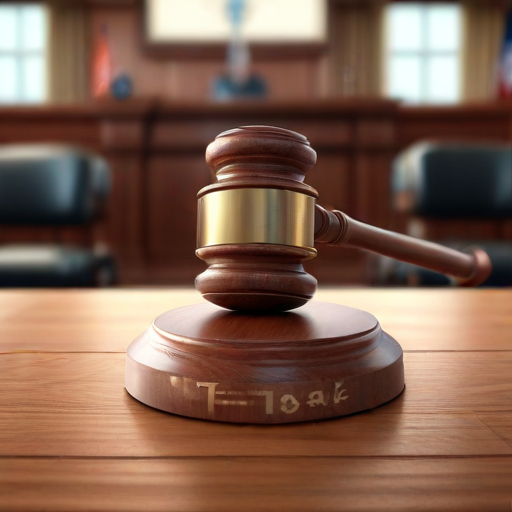A federal appeals court has upheld a law that compels the Chinese parent company of TikTok, ByteDance, to either sell the app or face a ban in the United States. This ruling, issued by a three-judge panel from the D.C. Circuit Court of Appeals, reinforces the bipartisan legislation signed by President Joe Biden in April. The law was enacted in response to national security concerns regarding the potential for the Chinese Communist Party to access TikTok user data.
In a legal challenge led by TikTok, ByteDance, and several users, plaintiffs argued that the law infringed on their First Amendment rights. However, the panel dismissed these claims, indicating that the government’s actions were driven by the need to protect American citizens from threats posed by a foreign adversary rather than suppressing free expression. Senior Judge Douglas H. Ginsburg emphasized that the government’s actions were aimed at safeguarding American freedoms from threats abroad.
Potential next steps for TikTok include appealing this decision to the full D.C. Circuit or the U.S. Supreme Court. The law is scheduled to be enacted on January 19.
Challengers of the law are considering seeking an emergency stay from the Supreme Court, arguing that the national security justification cited by the court does not outweigh the First Amendment concerns. Jacob Huebert, an attorney for one of the plaintiffs, warned that this precedent could pose risks to free speech rights across various social media platforms.
Leaders of the U.S. House Select Committee on the Chinese Communist Party praised the ruling. They expressed confidence that a sale of TikTok to American interests could be facilitated under a future Trump administration. Both parties support the conclusion that ByteDance’s ownership constitutes a national security threat, asserting that any solution other than divestiture is insufficient.
This ruling underscores the complex intersection of national security and free speech rights in the digital age, highlighting the ongoing debate about data privacy and user security in tech regulations. The legal actions surrounding TikTok represent a significant moment in addressing these issues, potentially paving the way for clearer guidelines on how to manage foreign-owned tech companies operating within the U.S.
A hopeful takeaway from this situation is that it could encourage more rigorous discussions around user data protection and accountability in social media practices. Ultimately, this may lead to stronger regulations that prioritize user rights and national security, benefiting American consumers in the long run.
